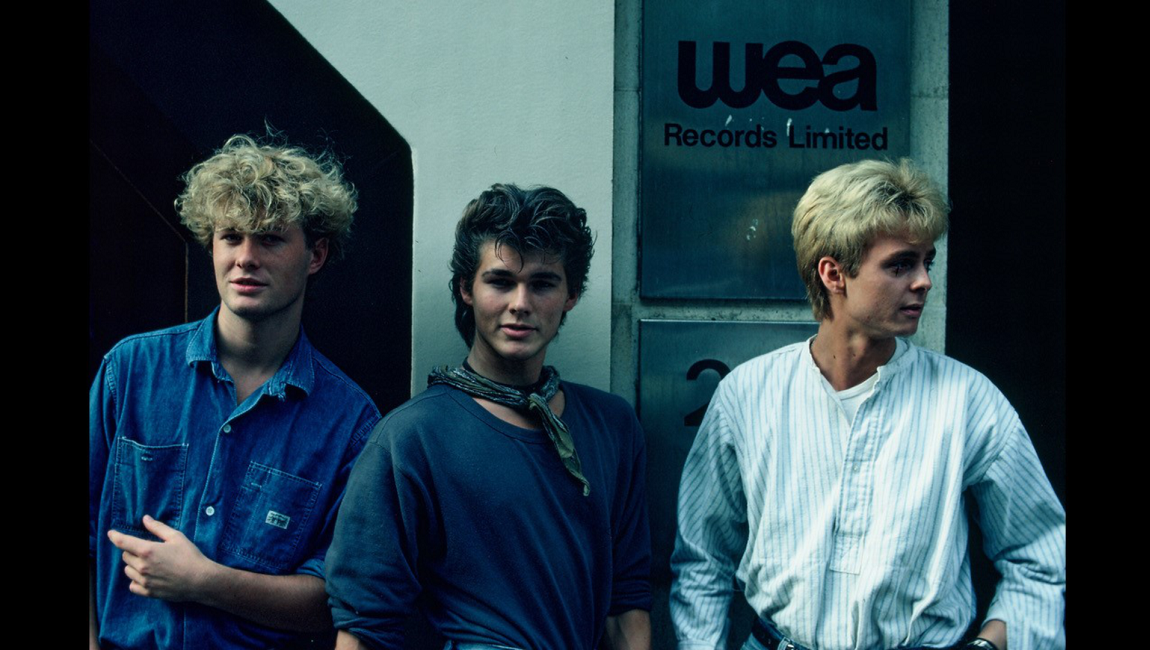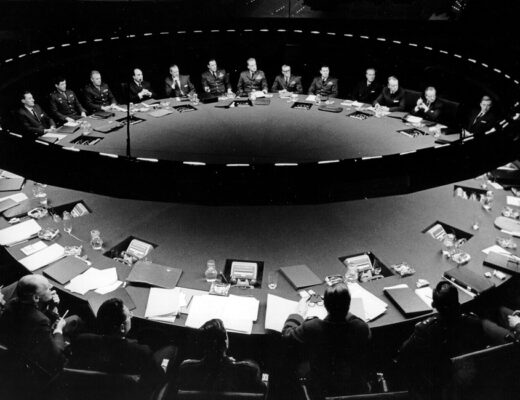Pig isn’t the Nic Cage film you’re expecting — it’s better.
It’s tough to recall a recent film — particularly outside the auteur context — that announces itself with as much clarity as Pig. The film stars Nicolas Cage as a curmudgeonly hermit on the warpath after his prized truffle-hunting hog is taken by unknown parties during a smash and grab of his ramshackle cabin. So yes, Pig initially scans as an obvious porcine riff on John Wick, one starring arguably the most idiosyncratic actor of his generation and a definitive OG of madcap genre play. It’s easy, then, to extrapolate what director Michael Sarnoski’s debut feature is going to be: Cage will wild out, inflicting obscene violence upon those who would delay or otherwise impede a reunion with his beloved swine friend, and a cult classic will be born. Except that’s not what Pig is. Cage has always been a singular oddity, but over the past half-decade it’s become practically prescriptive that the reductive meme-ification of the actor will be capitalized on at every turn, whether in the realm of DTV (the recent Jiu Jitsu and Willy’s Wonderland) or at the intersection of genre and arthouse (Mom and Dad, Mandy, Prisoners of the Ghostland). Keeping to this de facto expectation is the cheapest possible tack to take, as well as the reason most of those films blow ass. But Sarnoski thankfully, wonderfully, avoids the catastrophe of underestimating the flexibility that Cage’s presence affords.
The director’s wile goes beyond mere restraint, however; he doesn’t just avoid grasping at the premise’s low-hanging fruit, but instead integrates these expectations into his film’s essential character, priming viewers for what will never come, and allowing Pig’s sneaky pathos to worm its way in undetected. A slightly expanded view of the plot includes Cage’s character here, Rob, teaming up with his Camaro-driving, on fleek middleman Amir (Alex Woolf) to track down his eponymous companion, and this allows for Sarnoski to initially tease out plenty of tension in the film’s red-herring, genre-suggestive false starts: in one early scene, drum-heavy musical swells suggest an extended tracking sequence to follow, only for the scene to be abruptly interrupted at its first stop; a later scene holds the promise of some long day’s journey into night, replete with underground fight clubs cut with latent class commentary and exorcistic violence, but that too isn’t where the film is headed. Through it all, Rob — and Cage — remains a disgruntled but largely bridled presence, and it becomes less clear whether the simmering something in his character reflects a tempestuous interior or only a sly understanding and manipulation of Cage cinema. In either case, extra-textual credit is due to both director and star: Sarnoski impressively guides the text, but its execution and eventual singularity relies on Cage’s self-awareness as a performer; he’s able to both recall and subvert the YouTube montages that distinguished him to a digital generation, throttling his now trademark mania but still keeping the film’s machinery perpetually revved on the strength of his mere attendance.
But Pig isn’t just a one-trick pony. It starkly defies expectation throughout, making an entire mode from its many contrasts. Parallels are drawn between the natural, of-the-earth living that Rob embraces and the world of haute cuisine, how both celebrate the very same authenticity in expressly different fashions — Portland’s setting makes a lot of sense, then, as its noted hipster character testifies to both elevated foodie culture and crunchy living. The high-dining milieu is likewise upset by Rob’s physical intrusion: after suffering a beating in the initial burglary sequence, Rob’s already bruised and bloodied face suffers further indignities throughout, and his scroungy mountain man visage cuts a grime-slathered swath through this stately strata. Sarnoski also makes sure to slow down to capture small moments of beauty amid the muck, whether it be the image of a smoking, misfiring pick-up shot through a tree’s flickering autumnal fingers or a graceful food prep montage that comes at a most unexpected moment. (It’s worth noting that the latter sequence and the scene that follows also evoke the moody contours of gothic cinema, a smart complement to the final stretch’s more earnest emotionalism, and a quick reminder of the genre noodling at work.)
The sins that Pig does commit spring mostly from its too-tidy pathologies, gifting everyone here with profound underlying motivations — the death of marital bliss, daddy issues, a loss of purpose; it’s tough not to feel that the film might have fared just a bit better had Sarnoski (who also wrote the screenplay) stuck to murkier wells of character development. But filips though they may be, each revelation here accumulates to a climactic series of affecting and subtle sorrows. At one point, a character menaces Rob with the declaration, “You don’t even exist anymore.” It’s a fitting enough warning in an actioner, but as Pig’s final third takes new melancholic shape, it finally registers as the existential assurance that it is, an observation of the ways we must constantly (re)define meaning in our lives. To this end, there are moments where Cage’s Rob teeters on the edge of becoming a glib philosophic crank, his backwoods sagacity a bit ham-fisted, but Sarnoski’s film ultimately proves too elegiac, too understanding of life’s tragedies as small infinities to survive, to reduce itself to any easy platitudes. Much like Cage himself, Pig is an organic oddity, one that bears surprising, beguiling multitudes within its deceptive shape.







